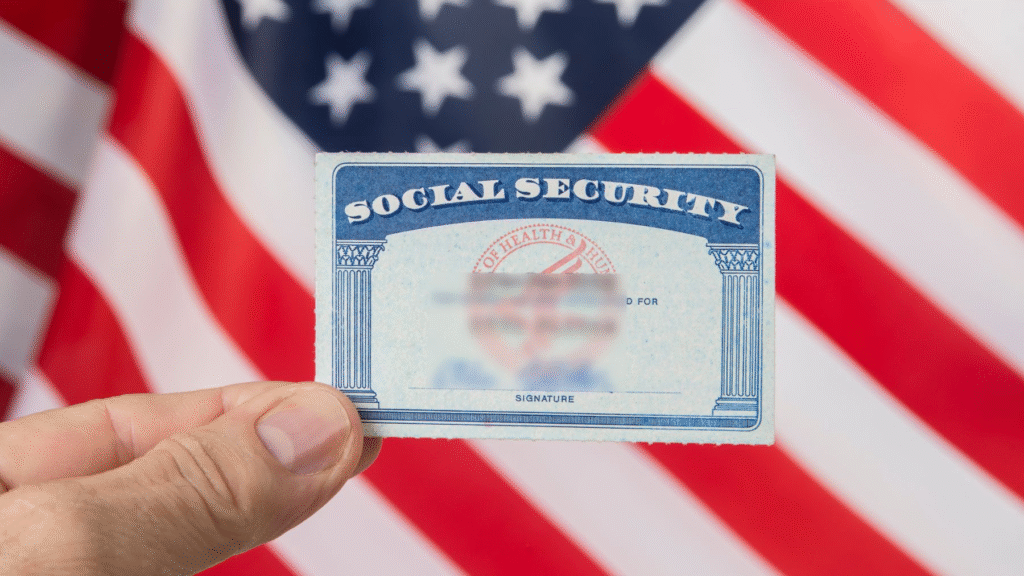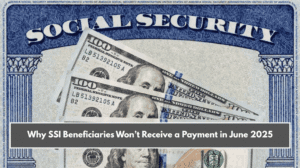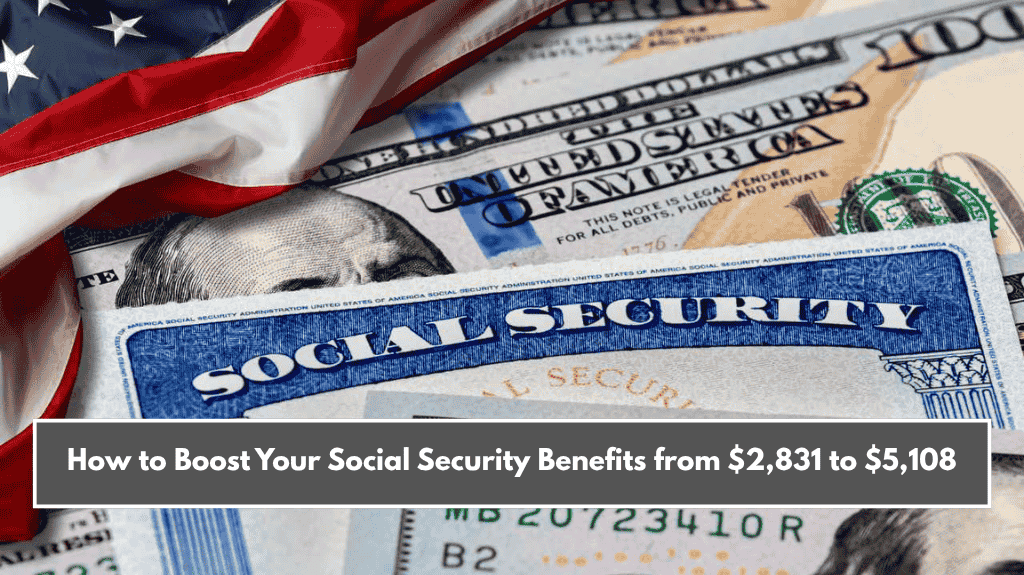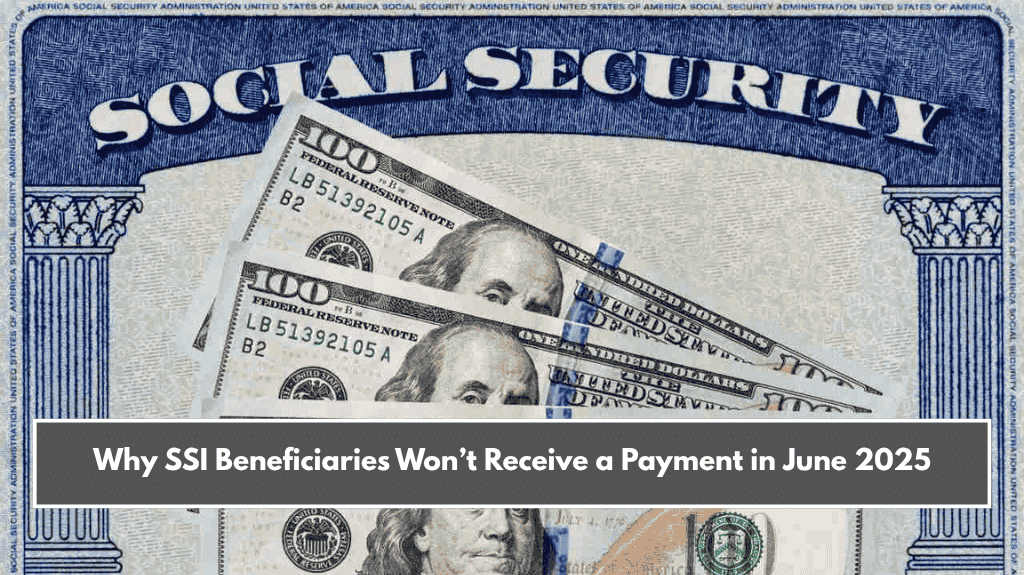Starting May 2025, thousands of Americans will see their Social Security Disability (SSDI) checks stop. But don’t worry—this isn’t a surprise change or a sudden government decision. These payment cuts are part of the routine review process that the Social Security Administration (SSA) does regularly.
The reviews are done to check if people still qualify for SSDI benefits. If someone has recovered enough to work or their income goes above the allowed limit, they may no longer receive monthly payments. Let’s break down who might be affected, what to do if your check is stopped, and what options are still available.
Why Is Social Security Cutting Disability Payments?
Disability benefits are not permanent for everyone. They depend on a person’s medical condition and work ability. So, from time to time, the SSA checks to see if the person still qualifies. These checks are not random. Each case is carefully reviewed.
If SSA finds that your health has improved, or if you’re working and earning more than the allowed limit, your benefits may stop. This is done to make sure that the money goes to people who still truly need it.
Who Might Lose Disability Benefits in May 2025?
People may lose their SSDI checks in May if they no longer meet one or more of the following conditions:
- They do not have a qualifying disability as defined by the SSA
- They can work or have worked for 12 months or more despite the disability
- Their income is now above the SSA’s allowed limit
- Their medical condition has improved, allowing them to return to full-time work
Even if someone still has a disability, earning too much income or showing health improvement during a review can lead to removal from the program.

What to Do If Your Disability Payment Is Stopped?
If you get a letter saying your SSDI payments will stop, you have the right to appeal the decision. This means the SSA will take another look at your case. But you need to act fast.
Here’s what to do:
- Collect fresh medical reports and documents from your doctor
- Get statements from specialists explaining your condition
- Submit any proof that shows you still meet the SSA’s disability rules
During the appeal, you might continue receiving your payments—but if the SSA rejects your appeal, you may have to pay that money back. That’s why it’s important to seek help from a legal advisor or disability expert as soon as you receive the notice.
Other Options If You Lose SSDI
If your SSDI stops, don’t lose hope. There are other assistance programs you may still qualify for, such as:
- Supplemental Security Income (SSI): For low-income people with limited assets
- SNAP: Food assistance for eligible households
- Medicaid: For healthcare coverage if your income is low
- Housing Assistance: Support from local programs based on financial need
These programs can help fill the gap if your disability benefits end.
The news that Social Security will stop disability payments for thousands of people in May may sound alarming. But it’s part of a regular system designed to ensure that help reaches only those who still need it. If you or someone you know is affected, remember—you have the right to appeal, and there are other programs that may offer help.
The key is not to panic but to act fast, understand your rights, and explore your options. Getting expert advice, submitting strong medical proof, and staying informed can make all the difference. Whether through an appeal or a shift to another support program, help is still possible.















